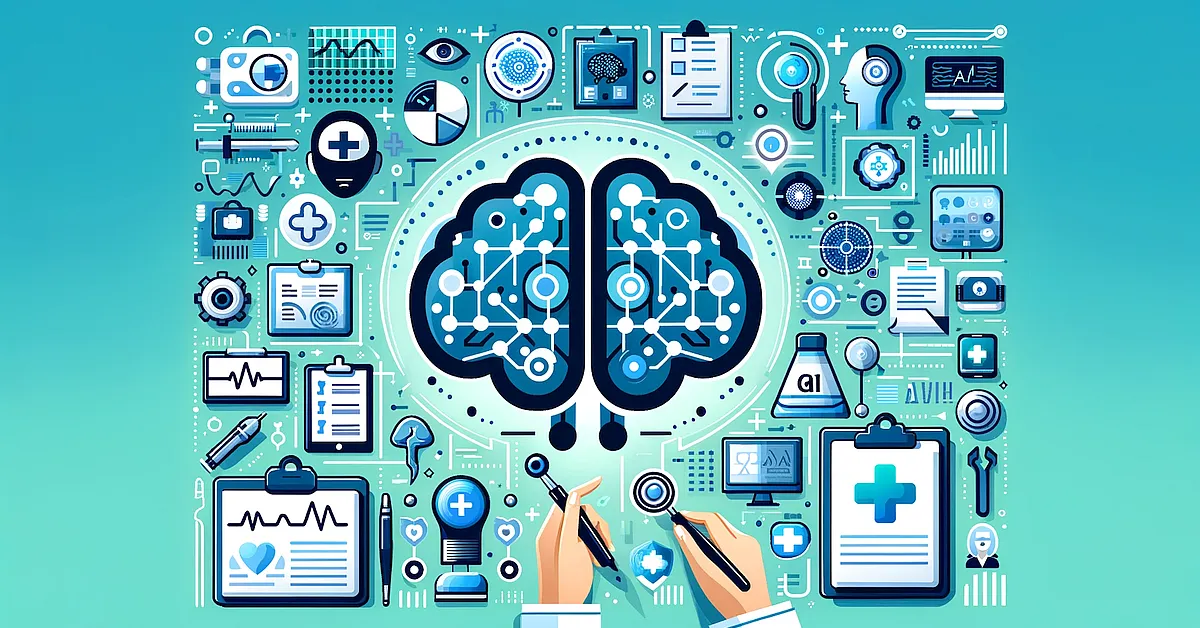
AI in Healthcare
Integrating artificial intelligence (AI) in healthcare heralds a new era, offering medical professionals virtual assistants that excel in various tasks.
The Ways AI is Useful for Healthcare Professionals
An Outstanding Admin Assistant
AI is remarkably adept at managing administrative duties, such as accurately recalling prescriptions, organising patient records, and pronouncing complex medical terms flawlessly. The outcomes are improved efficiency of healthcare processes and advice delivered in a legible and understandable format.
Diagnostics
AI's proficiency shines particularly in analysing medical imagery, including X-rays and scans, where it can detect early signs of diseases, aiding in precise and earlier diagnoses and ultimately improving patient outcomes. Furthermore, AI is crucial in assessing disease risks, predicting disease spread, and suggesting the most effective medications and treatments based on patient data and medical research.
Clinical Trials
The application of AI in healthcare extends to designing improved clinical trials, managing diverse medical data, and contributing to the understanding of the relationship between genes and diseases. The result is better patient experiences, refined diagnostic accuracy and early disease detection, and reduced errors for healthcare workers.
Important Concerns
However, the deployment of AI in healthcare raises significant concerns regarding data privacy and ethics and the potential to replace human jobs. It is crucial to maintain transparency with patients regarding the use of their data by AI and to address the potential impact on human jobs.
Explore our range of AI-powered healthcare tools. Sign up for a healthcare tool now to unlock the benefits.
